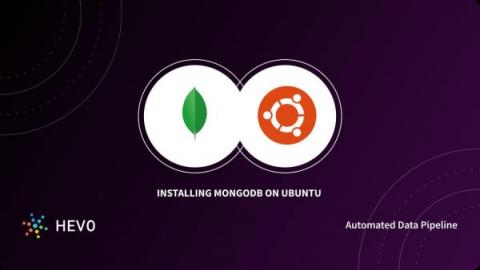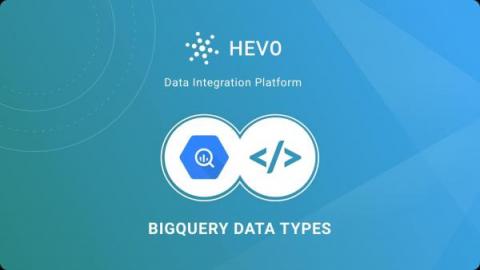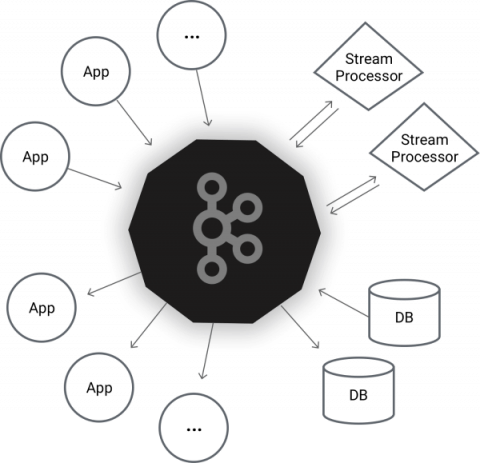Hevo Data Featured as a Leader in G2's Spring 2022 Report
The G2 Spring 2022 Grid Reports are out! We’re excited to announce that Hevo Data has been rated as a Leader in the categories – ETL Tools, Data Extraction, and Data Replication. Besides this, we have also received badges in numerous other categories, like Easiest To Use: Data Extraction and High Performer: E-commerce Data Integration, giving us a count of 17 badges in total and highlighting our strengths as a product. According to G2, 98% of our users have rated us 4 or 5-stars.





